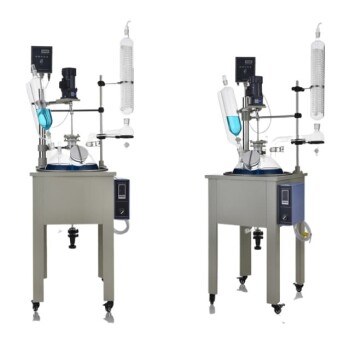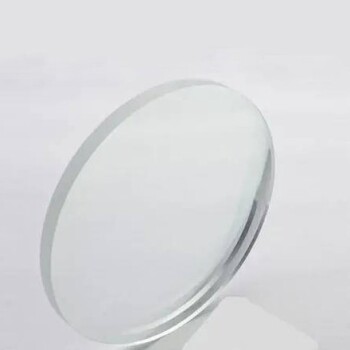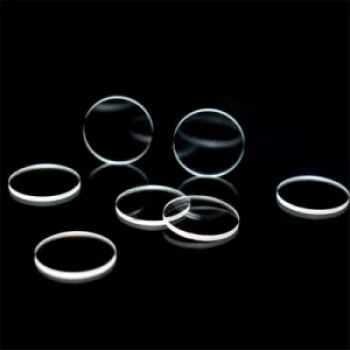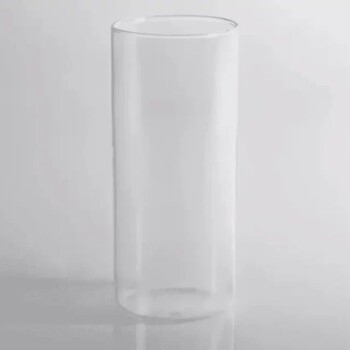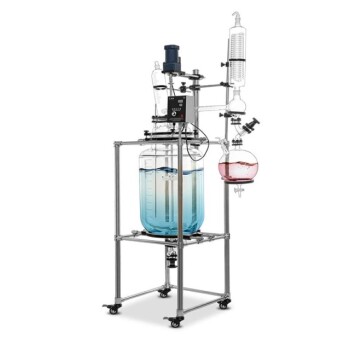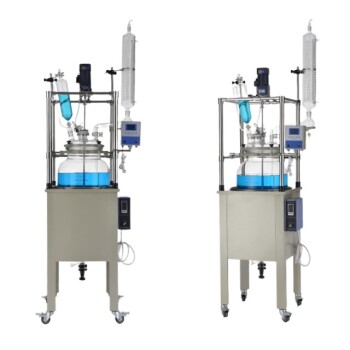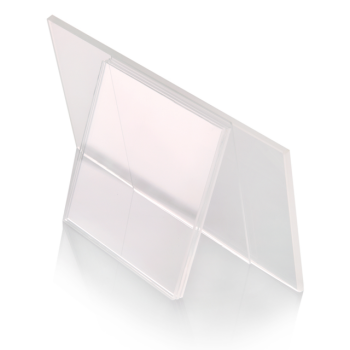When using a rotary evaporator, it is crucial to select the appropriate types of glassware to ensure safety, efficiency, and durability. The glassware must be specifically designed for vacuum use, as this is a fundamental requirement for rotary evaporators. High-quality glassware is recommended to enhance the lifespan and reliability of the equipment. Specialized components such as evaporation vessels, indented flasks, and viscous sample flasks are available to optimize the setup for specific applications. Additionally, safety-coated glassware is advised for condensers and collection flasks, though evaporation flasks typically do not have safety coatings due to the high temperatures of the water or oil bath.
Key Points Explained:
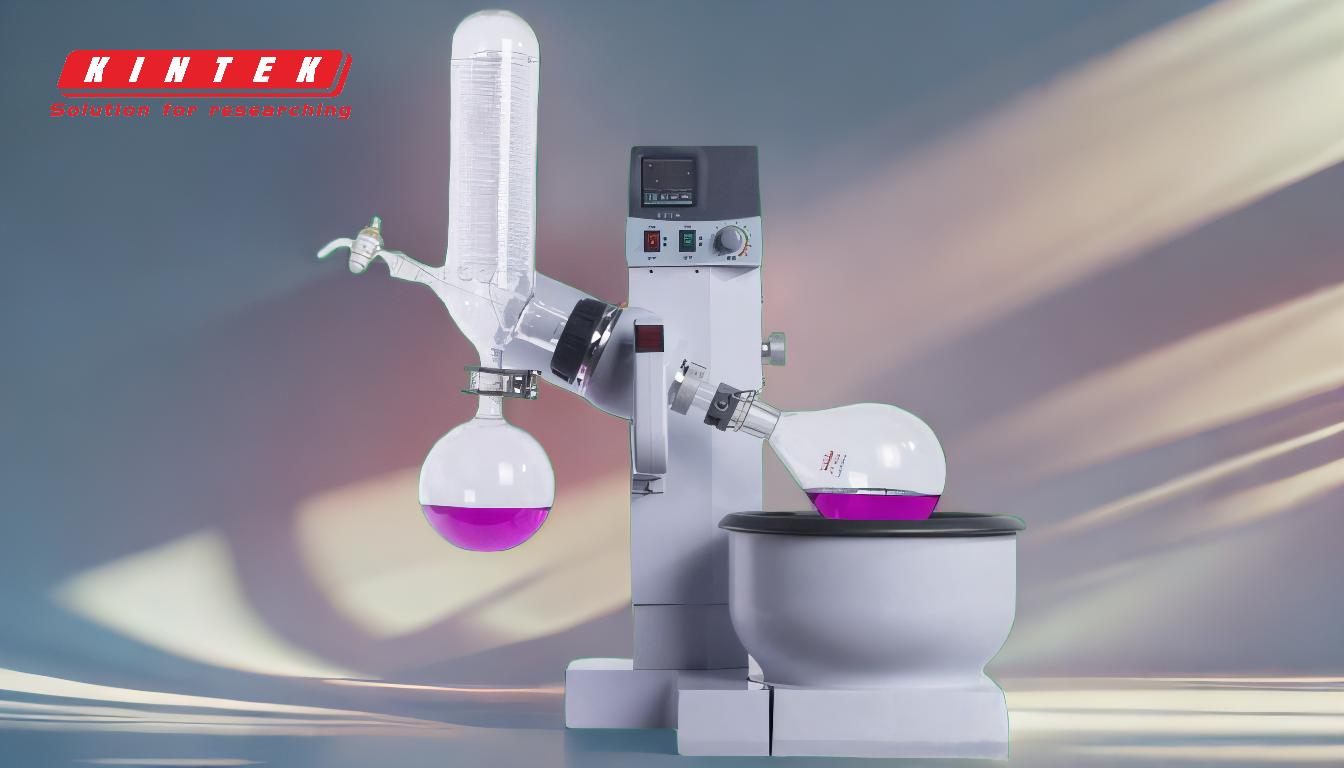
-
Vacuum-Compatible Glassware
- Importance: Only glassware designed for vacuum use should be employed with a rotary evaporator. This is because the equipment operates under reduced pressure, and standard glassware may not withstand the stress, leading to potential breakage.
- Application: This includes all components that come into direct contact with the vacuum, such as evaporation flasks, condensers, and collection flasks.
-
Types of Glassware
- Evaporation Vessels: These are the primary containers where the sample is placed for evaporation. They are designed to withstand the vacuum and the heat from the water or oil bath.
- Indented Flasks: These flasks have indentations that increase the surface area, promoting more efficient evaporation. They are particularly useful for samples that require gentle heating.
- Viscous Sample Flasks: Designed for samples with high viscosity, these flasks often have wider openings or specialized shapes to facilitate the handling and evaporation of thick or sticky substances.
-
Safety-Coated Glassware
- Recommendation: Safety-coated glassware is recommended for condensers and collection flasks. The coating provides an additional layer of protection, reducing the risk of injury from glass shards in case of breakage.
- Exception: Evaporation flasks typically do not have safety coatings because the high temperatures of the water or oil bath can degrade the coating, compromising its effectiveness.
-
Quality and Durability
- Importance: High-quality glassware is essential for the safety and longevity of the rotary evaporator. Better quality glass is more resistant to thermal and mechanical stress, reducing the likelihood of breakage and extending the lifespan of the equipment.
- Investment: Although high-quality glassware may be more expensive initially, it is a worthwhile investment due to its durability and reliability, which can lead to cost savings over time.
-
Handling and Maintenance
- Care: Glassware used with rotary evaporators is fragile and should be handled with care. Avoid bumping or placing the glassware on hard surfaces to prevent damage.
- Storage: Proper storage and handling practices can further extend the life of the glassware, ensuring it remains in good condition for repeated use.
By understanding and adhering to these key points, users can ensure the safe and effective operation of their rotary evaporators, while also maximizing the lifespan and performance of their glassware.
Summary Table:
| Key Consideration | Details |
|---|---|
| Vacuum-Compatible Glassware | Must withstand reduced pressure; includes evaporation flasks, condensers, etc. |
| Types of Glassware | Evaporation vessels, indented flasks, viscous sample flasks for specific needs. |
| Safety-Coated Glassware | Recommended for condensers and collection flasks; not for evaporation flasks. |
| Quality and Durability | High-quality glassware resists stress, extends lifespan, and ensures safety. |
| Handling and Maintenance | Handle with care; proper storage prevents damage and extends usability. |
Need help selecting the right glassware for your rotary evaporator? Contact our experts today for personalized advice!






